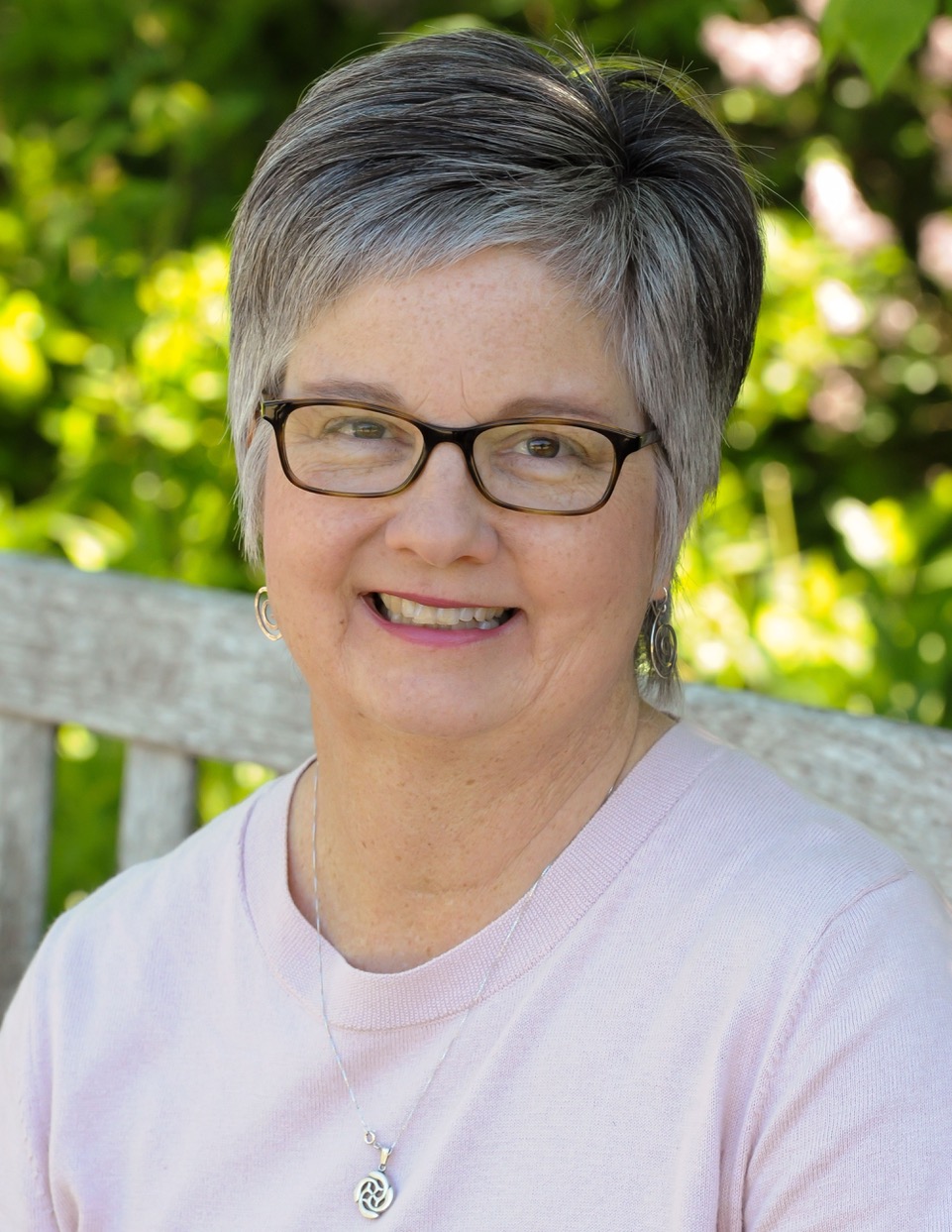National Grief Awareness Day: Understanding the Three Grief Timelines

Grief awareness has acquired new importance with the ongoing Covid-19 pandemic. Researchers estimate that each person who dies from the disease leaves behind nine grieving people. Behind the numbers, the actual bereaved may be a child or a spouse or a sibling of varied ages, and the different time horizons of everyone’s loss influence how friends can offer effective support.
My mom died of cancer when I was seven years old, so the time element of grief looms large in my experience. I felt her absence differently in childhood than I did as a young adult, when I got married, became a mom, and as my kids grew, which I write about in my forthcoming memoir, “The Art of Reassembly.” Even now, decades later, I value connection with others around my loss, but our culture typically limits “grief support” to the first months or maybe up to a year following a death.
For Grief Awareness Day this year, consider how you can honor losses across all the timelines of grief.
Recent Loss
Grief support focuses on the immediate period after a death for good reason. The bereaved may be overwhelmed both with emotions and tasks. Ordinary life functions must continue even as the logistics of funeral planning occur. Some people become quite activated and “get things done”, while others freeze up. Offering food is a natural gesture, but asking first is more helpful. For a couple of weeks after my mom’s death, I remember our refrigerator being full of desserts and casseroles, but I wonder now if that eased my dad’s burdens or added to them.
As an adult supporting the bereaved, I’m influenced by my stepmother’s model of practicality. Can you drive the kids, walk the dog, bring a meal, or mow the lawn? If someone is coordinating assistance, communicate with that person to lighten the load on the griever. Or volunteer to be the point person.
I also learned growing up that you should show up at funerals, and I’ve made it a habit to do so. On the receiving end of this action when my mother-in-law died a few years ago, I discovered how much it truly means to have friends attend the visitation or service. It tells the bereaved that the person who died mattered to others, which itself is consoling.
When talking to the bereaved, be aware that your body language speaks as eloquently as any words. If you feel anxious, it’s common to fill space talking about your own experience or trying to find a silver lining to the situation. Resist this impulse! Instead, to convey a compassionate presence, exhale deeply, feel your feet on the ground, and just listen and allow them to speak or not as they wish.
Ongoing
Inevitably, after the funeral or other observances, the bereaved are left pretty much alone to figure out how to carry on with their lives. Yet continued awareness of their loss will be deeply appreciated.
In the era of my growing up, no one talked about grief, as adults or children, so there were no support groups or counseling. However, our family did benefit from sustained gestures of care. I feel eternal gratitude for my grandparents and our neighbor, who not only drove us home from school but also took us on regular library excursions and to buy school supplies.
In recent years, the unexpected death of my friend’s young adult daughter provided me an opportunity to pay forward such kindness. During the ongoing timeframe, similar principles about being practical and specific applications as in the immediate aftermath, but it’s a more subtle interaction.

Try to reach out regularly in a low-key manner, extending offers that could be declined rather than acting like a rescuer. “I just made a pot of chicken noodle soup. Can I bring you some?” is better than “How’s your grief going?” or a vague, “Can I bring dinner sometime?” If your life is busy, a simple text that says “I’m thinking of you today” is also worthwhile.
When you’re with them, remember to ground yourself in calm so that you are fully present. Speak of the person who died from time to time in conversation as it feels natural. It helps the bereaved to know that other people remember. You can be sure that they are thinking of their person all the time.
Put reminders in your phone for the birthday and death anniversary of the person who died as well. Holiday times may also be especially difficult. Acknowledge these occasions by sending a card, offering to spend time together that day, or just texting a quick remembrance.
Long Ago
If you know someone who lost a parent or sibling when young or experienced the death of a child, you might be surprised to realize that their grief continues to be felt no matter how many years have passed. Like any bereaved person, birthdays, anniversaries, and holidays can be sensitive times and are good to remember, but age thresholds are even more significant, though seldom recognized publicly. These events include reaching the age of their parent when they died or when their child turns the age they were at their parent’s death or their sibling’s death, or every fall when their child is not present to start a new school year or the year their child would have graduated from high school or college.
Adult milestones like getting married or becoming a parent, or when their child might have done these things, also can trigger renewed grief for the person who has not been present and will not be in the future. Out of the blue reminders can always pop up as well, like hearing a certain song, engaging in certain activities, eating certain foods, or seeing a movie with similar events.
All these triggers are largely hidden, so it’s helpful if friends support bringing the long-ago loss into the present. Ask about the person who died, even if decades have passed. What were they like? What were their favorite things? What’s their favorite memory of them? Focus on their life, however brief, not their death. If they don’t have memories because they were too young, simply acknowledge how hard that must be without trying to comfort or rationalize.
What are your timelines of grief? Importantly, you can normalize grief and loss by speaking of your own people who have died and how you mark their birthdays and anniversaries. That itself would be of great support to others!
About the Author

Peg Conway writes and practices Healing Touch energy therapy in Cincinnati, OH, where she also volunteers at a children’s grief center. Her essays about early mother loss and long-term grieving have appeared at The Manifest-Station, the Cincinnati Enquirer, and The Mighty. After earning a master’s in journalism, she worked in corporate communications. Later, she became a certified childbirth educator and doula. Peg and her husband have three grown children and one grandchild.






